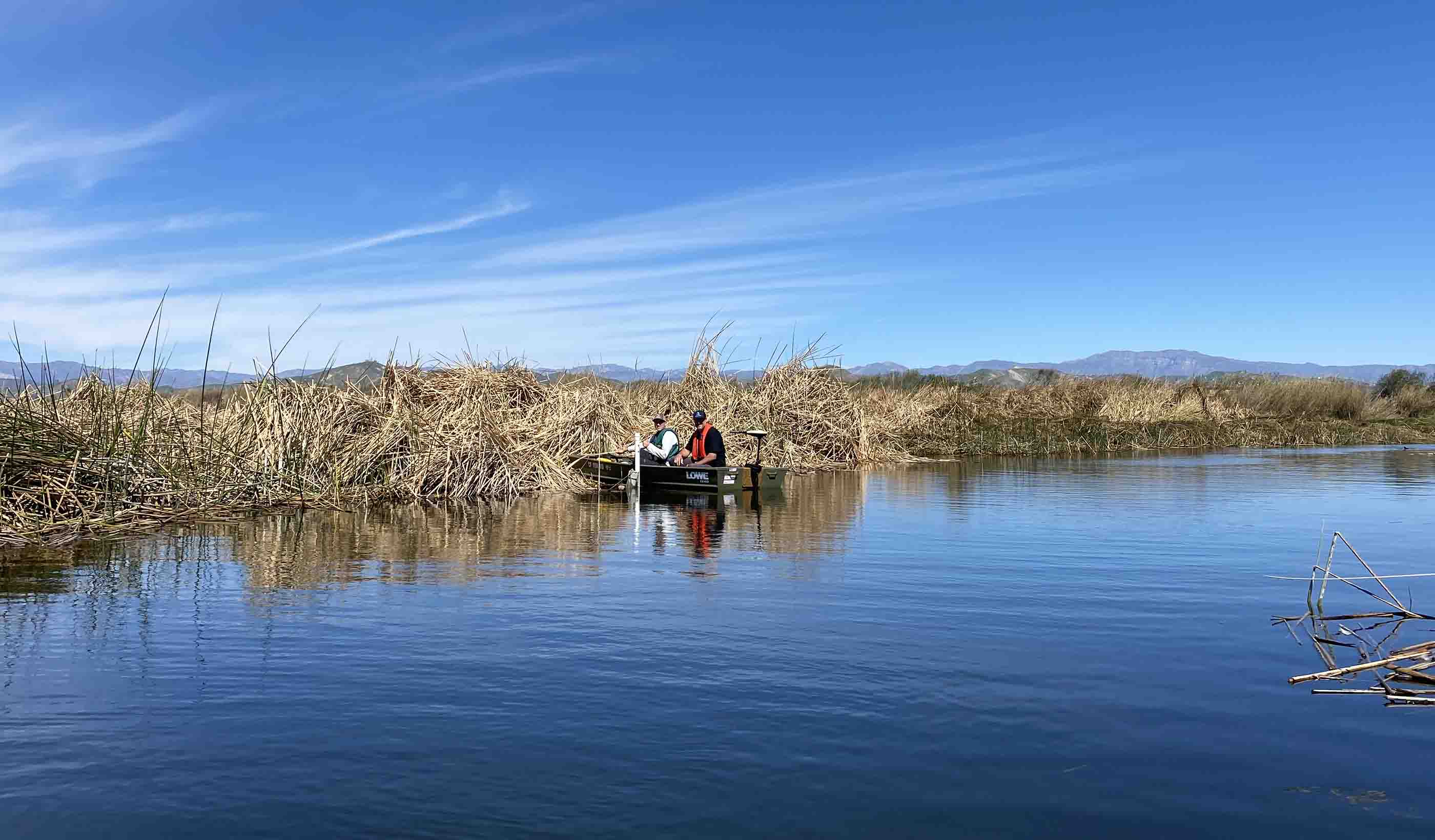At a Glance
-
12K
Mussels Rescued
-
742
Rabbitsfoot Rescued
-
127
Sheepnose Rescued
- Location
- Warsaw, Ohio
- Offices
-
- Location
- Warsaw, Ohio
- Offices
Share
Six Mile Dam Evaluation of eDNA Freshwater Mussel Detection
In the summer of 2020, a river restoration project removed Six Mile Dam on the Walhonding River, which supports one of the richest mussel faunas in Ohio. When impoundment levels were lowered as part of the dam removal, freshwater mussels were stranded at the surface or entrapped within the substrate.
On behalf of the Ohio Department of Natural Resources (ODNR), we conducted baseline surveys to identify suitable relocation sites, prepared a biological assessment, and conducted a freshwater mussel rescue. More than 12,000 mussels—including 742 federally threatened Rabbitsfoot and 127 federally endangered Sheepnose—were rescued. Search efficiencies were very high, and the dam removal provided an ideal opportunity to test eDNA technology.
We collected 66 eDNA water samples from 22 sampling sites across a 0.9 mile (1.5 kilometre) stretch of the river. The samples were highly similar to the conventional mussel rescue survey—successfully detecting 22 of the 24 (91.67%) mussel species. The two undetected species were only single individuals. The two federally listed mussels (Rabbitsfoot and Sheepnose) were successfully detected with eDNA across the sampling region. Plus, our eDNA sampling detected a species not found with the rescue survey (Pink Heelsplitter), along with hidden cryptic diversity within a population of morphologically identified Giant Floaters.
Environmental DNA sampling can widen the traditional sampling season and improve the ability to sample difficult or dangerous environments while lowering detection sensitivity and reducing field labor costs.
At a Glance
-
12K
Mussels Rescued
-
742
Rabbitsfoot Rescued
-
127
Sheepnose Rescued
- Location
- Warsaw, Ohio
- Offices
-
- Location
- Warsaw, Ohio
- Offices
Share
We’re better together
-
Become a client
Partner with us today to change how tomorrow looks. You’re exactly what’s needed to help us make it happen in your community.
-
Design your career
Work with passionate people who are experts in their field. Our teams love what they do and are driven by how their work makes an impact on the communities they serve.













